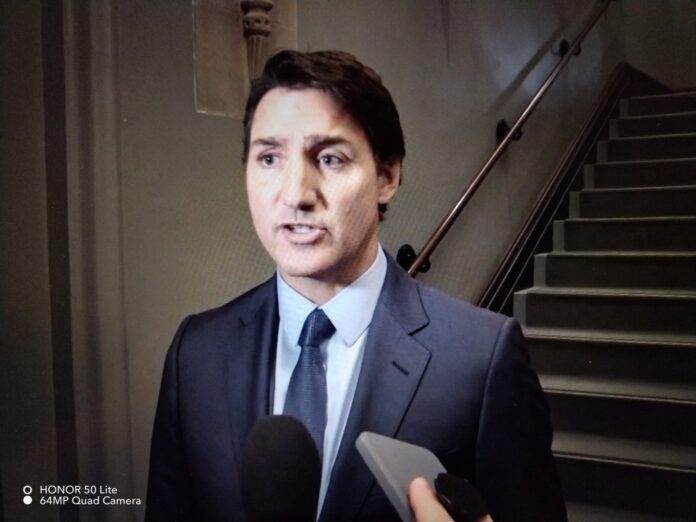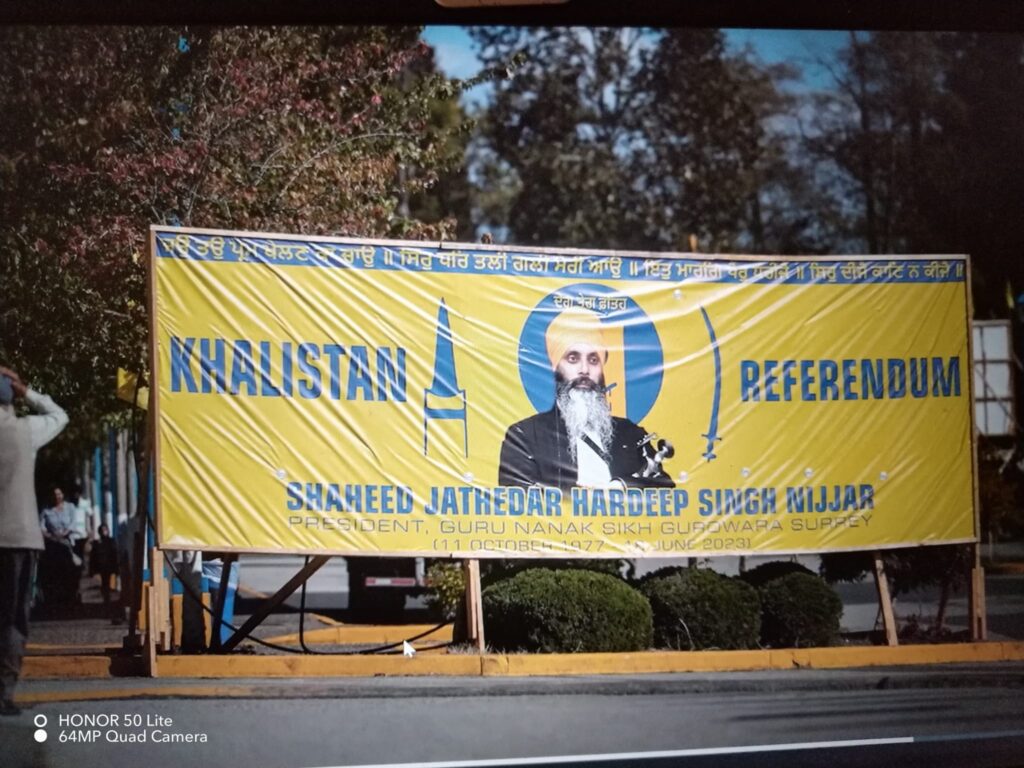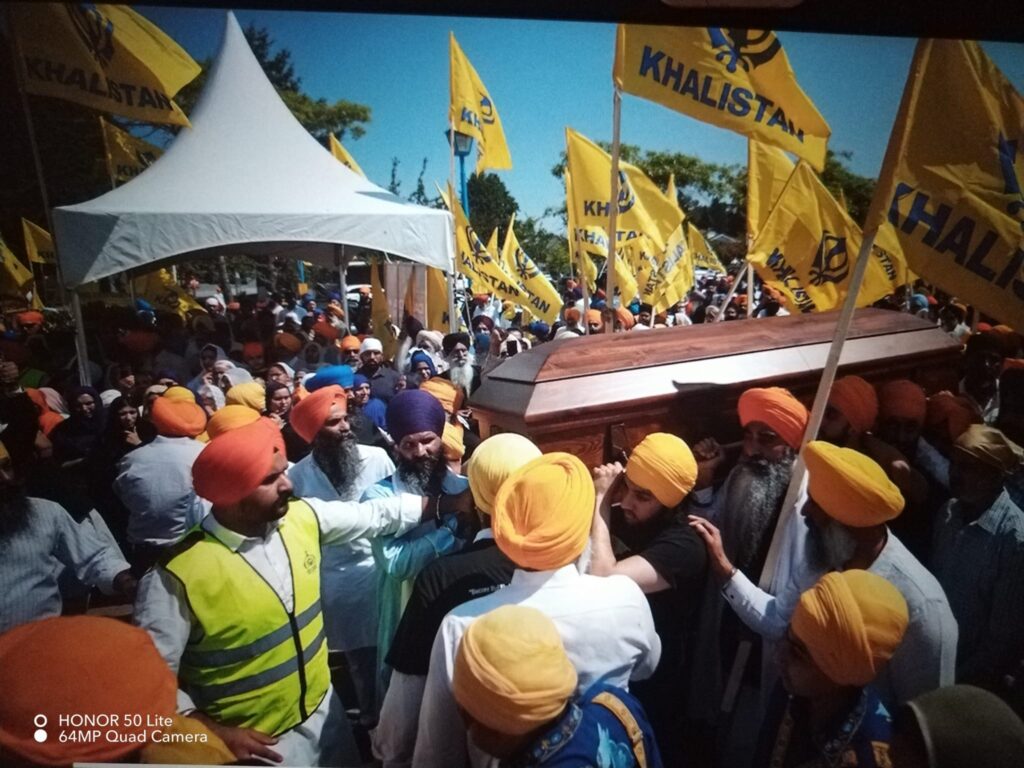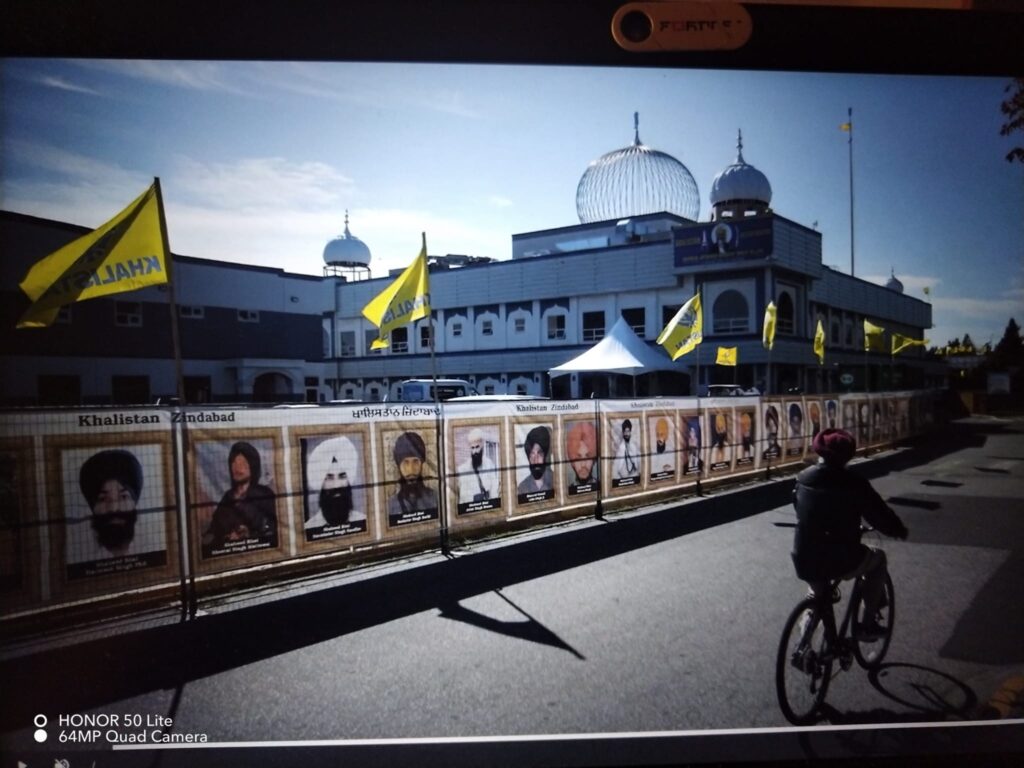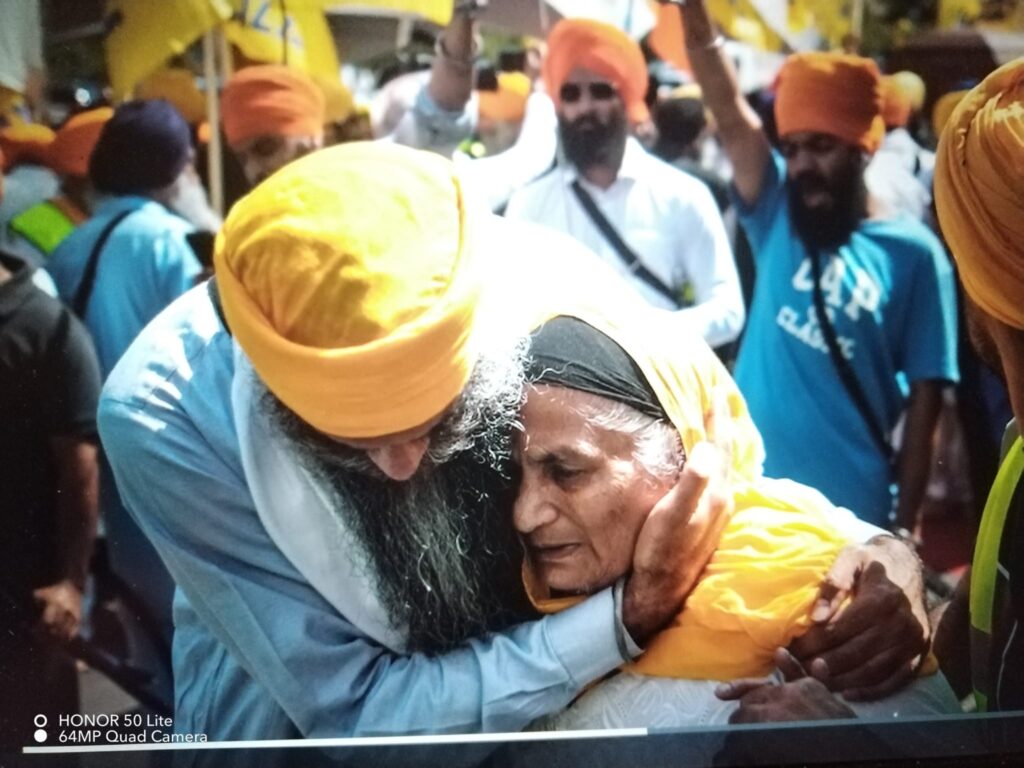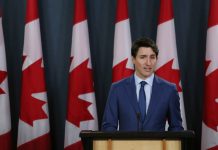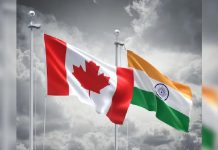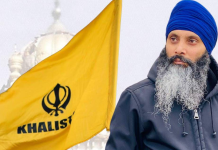-
India must ‘take seriously’ B.C. killing: Trudeau
OTTAWA – Prime Minister Justin Trudeau countered India’s denial of allegations related to the death of a Canadian citizen on Tuesday, a denial New Delhi deemed “absurd and motivated.”
However, even as Trudeau calls on India to address the issue seriously, members of the Liberal party express their desire to maintain regular relations with a nation that Ottawa has designated as a vital partner in the Indo-Pacific region.
In the House of Commons on Monday, Trudeau disclosed that Canadian intelligence services are probing “credible” information regarding “a potential link” between the government of India and the demise of Hardeep Singh Nijjar, a Sikh leader from British Columbia.
In a statement on Tuesday, Trudeau emphasized that India’s government “must treat this matter with the highest degree of seriousness.” However, he did not disclose whether India is actively cooperating in the investigation.
Speaking to reporters on Parliament Hill, Trudeau underscored the gravity of the situation, stating, “It is extremely serious and has significant implications in terms of international law.”
Trudeau revealed that he had refrained from making the matter public until he had the opportunity to discuss it with both allies and India’s Prime Minister Narendra Modi during the G20 summit held in New Delhi earlier this month. He explained, “We wanted to ensure that we had a firm understanding of the situation, supported by thorough analysis and concrete facts.”
“We were deliberate in our approach,” Trudeau continued, “taking the time to engage in discussions with our allies and share our findings. We aimed to ensure that we effectively conveyed the gravity of our concerns and our resulting conclusions to the government of India.”
Ottawa has taken a tough stance on the ongoing dispute with India, ordering a senior Indian diplomat to leave Canada, with India responding by expelling an unnamed Canadian diplomat. India has cited “interference of Canadian diplomats in our internal matters and their involvement in anti-India activities” as the reason for its retaliatory action. This comes after Prime Minister Justin Trudeau’s revelation in the House of Commons on Monday regarding Canadian intelligence services investigating “credible” information about a potential link between India’s government and the death of British Columbia Sikh leader Hardeep Singh Nijjar.
India’s Ministry of External Affairs swiftly rejected the accusations, asserting that they are intended to divert attention from Sikh separatists in Canada, whom India argues pose a security risk. A senior government source close to the prime minister stated that Trudeau had confidence in the allegations, which led to his direct discussion with Indian Prime Minister Narendra Modi during the recent G20 summit in New Delhi.
Conservative Leader Pierre Poilievre called on Trudeau to provide more details surrounding his Monday statement in Parliament, emphasizing the need for concrete evidence to support the allegations.
Meanwhile, NDP Leader Jagmeet Singh has written to Justice Marie-Josée Hogue, the newly appointed head of the public inquiry on foreign interference, requesting that she includes India in her investigation. Canada’s allies, including the United States, United Kingdom, and Australia, have expressed concerns and called for a thorough probe into the allegations.
Hardeep Singh Nijjar was fatally shot outside his gurdwara in Surrey, B.C., on June 18. Members of the Sikh community have accused the Indian government of involvement in his killing and efforts to silence those advocating for an independent Sikh state.
Canada’s Public Safety Minister, Dominic LeBlanc, assured that the RCMP has plans to protect members of Canada’s Sikh community and instructed CSIS to share relevant information about Nijjar’s death with the police. LeBlanc emphasized that it is the responsibility of police officials, not government ministers, to determine who requires protection and how it should be provided.
Former Foreign Affairs Minister Marc Garneau described the situation as extraordinary and called on Trudeau to share more information to salvage the relationship with India, a country of increasing importance to Canada. Trudeau stressed that he does not wish to escalate the situation further and is focused on working with India to clarify the facts.
Emergency Preparedness Minister Harjit Sajjan expressed hope that normal relations with India can be maintained despite the ongoing dispute.
Harjit Sajjan, who is Sikh, expressed hope that the Indian government would cooperate with the investigation and emphasized the desire to maintain normal relations in all other aspects. He also responded to the Indian government’s claims of Sikh extremists holding senior roles in Trudeau’s government, stating that India has made such accusations for a long time and urged reporters to draw their own conclusions.
Anita Anand, the first Hindu person to serve as a federal cabinet minister, acknowledged the challenging situation for South Asians of any religion, given her own Indian heritage. She called for prudence and calm in handling the matter.
The National Council of Canadian Muslims called for non-partisan cooperation in uncovering the facts surrounding the alleged “state-sponsored terrorism” to ensure the safety of individuals. Stephen Brown, the head of the organization, described the situation as an unprecedented attack on Canadian sovereignty.



